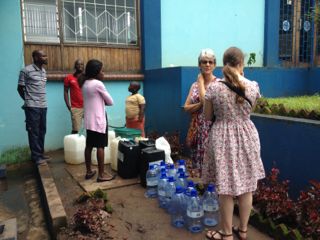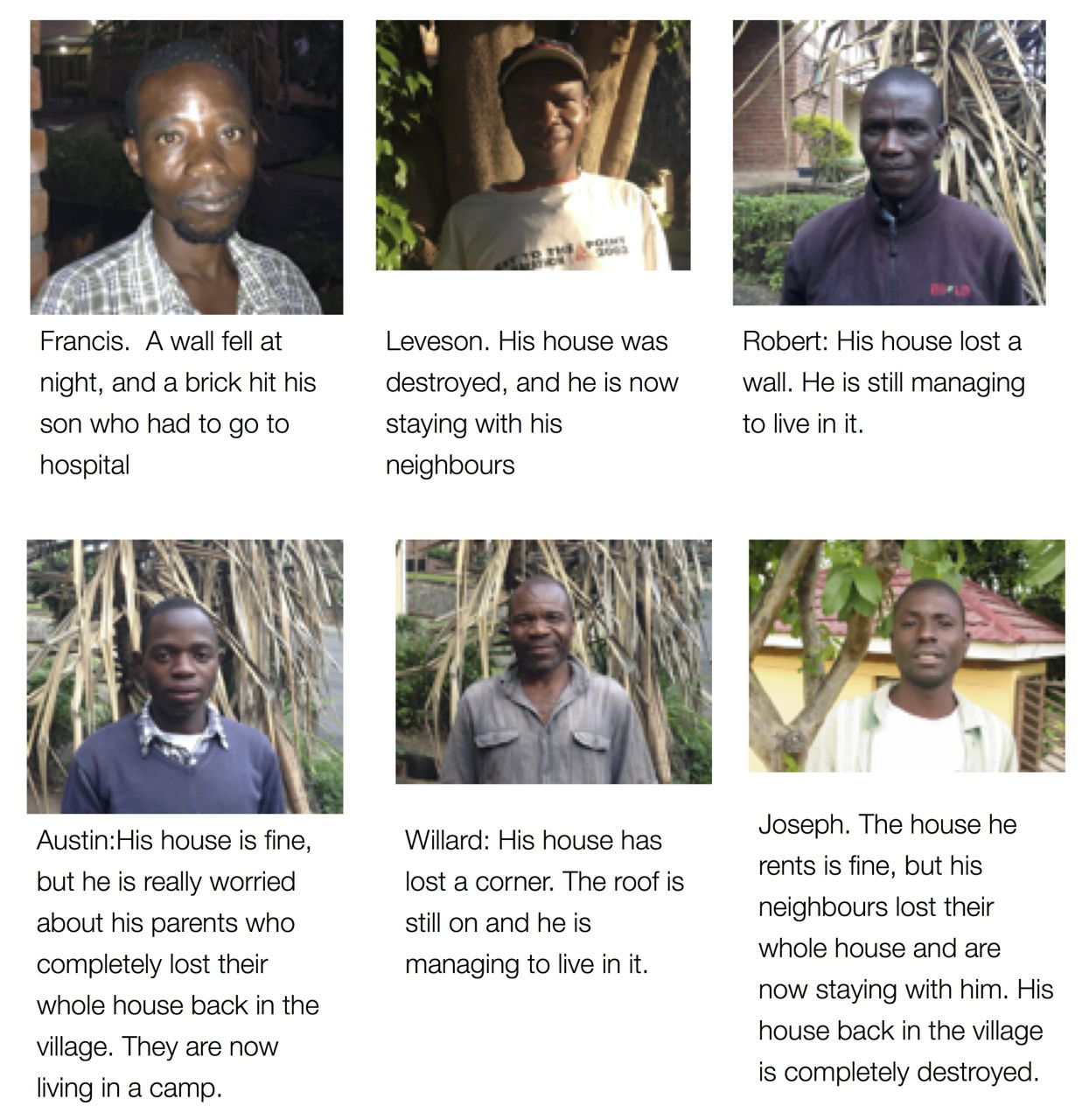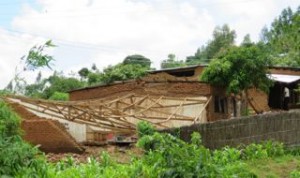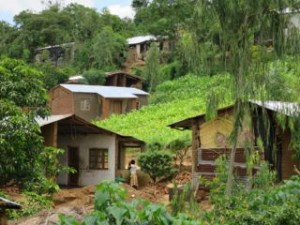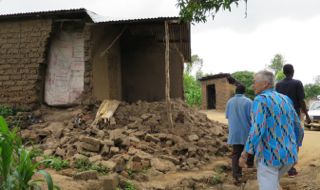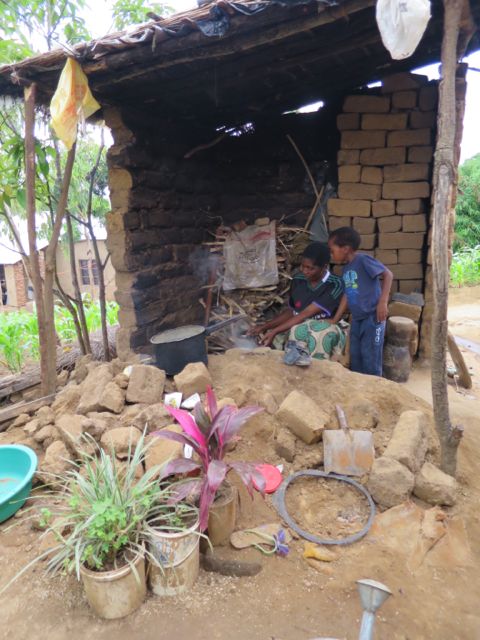A friend recently asked ‘what exactly is an impact report’. Good question, but with many answers. if you live in Australia (or probably any other Western democracy), google the name of your local council and search the site for the latest annual report. Near the front will be a statement called ‘Our Vision’. It will probably say something like “….a flourishing community living in harmony with the natural environment and achieving a sustainable and dynamic economic base”. The annual report itself will say how much the new library cost and the number of meals on wheels delivered, but the impact report happens at the next election when the council is either voted back or a new one given a go.

It’s a statistic that surely needs to be considered. When the International Labour Organisation states that more lives are lost in the workplace annually than in war, and that doesn’t even count the number of lives made miserable at work. When will we acknowledge that ‘impact’?
At the National level, there is probably some document that talks about ‘honouring our international obligations’ which gets translated into having an overseas aid budget. A proportion of this aid budget then might be given to a Non Government Organisation (NGO), who has a vision saying something like “We will help the local community flourish, protect and enhance their environment and achieve improved economic livelihoods”. A problem is that it is not the “beneficiaries” of this gesture who vote, but the folks back home. And the Government wants to tell them that their taxes have been spent efficiently, effectively and made a difference. This is where a different form of impact report comes in, and which generally means trying to describe, define and measure something as ephemeral as a ‘flourishing community’.
The standard way to do this is through logframes (sometimes known as ‘theory of change’) and associated indicators. Indicators of achieving a ‘flourishing community’ could be fewer people getting sick, or increased life expectancy. This is fine as long as the situation is relatively simple. Collect the records from the local clinic, construct a borehole, check the clinic records again. Where it gets tricky is working within a complex environment. In other words, how do you claim attribution (or responsibility) that it has been your bore hole that has reduced diarrhoea when there are three other NGO’s doing the same thing and there is nobody in the clinic actually reporting why people are being admitted other than being ‘sick’, and/or another NGO has been training local people to treat simple ailments at home and the weather has been seriously wet?

I think I’ve heard this mantra too many times to take it seriously. Unless it means helping people have an enquiring mind, supporting them to try new things, celebrating failure?
A question for today regarding both situations is whether the ‘impact report’ provided then results in any real learning and change. Or do we just keep trying to do the same thing (albeit with computers and smart phones) whilst hoping for a different result? That different result being not just about bore holes and libraries, but genuinely achieving a ‘flourishing community with a stable economy living in a sustainable natural environment’? And if this is the case, then what do we need to change for us to make a real difference in how we live, work and play? My own tentative suggestion is to enable more people in on both the decision making and the subsequent assessment process of the impact of that decision. “WE made this decision and on reflection it’s sort of worked here, but could have been better there”.
